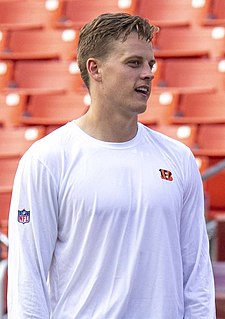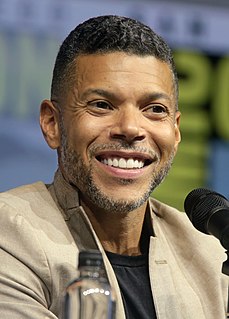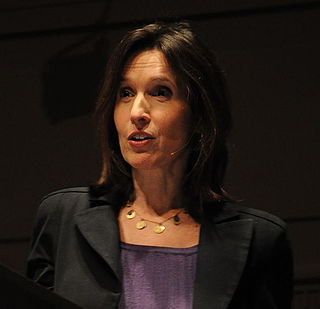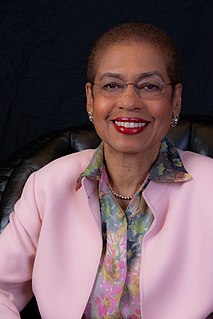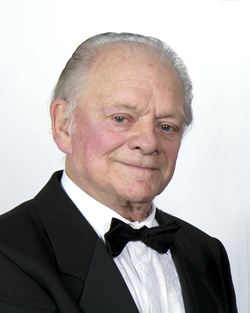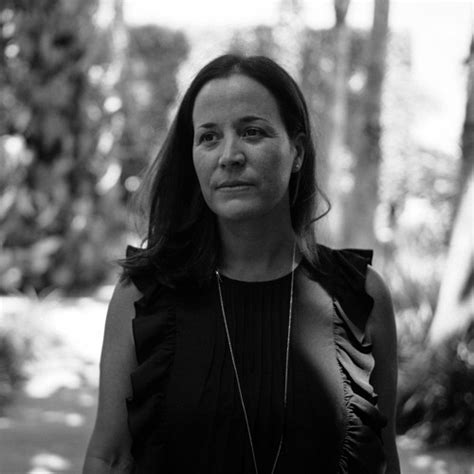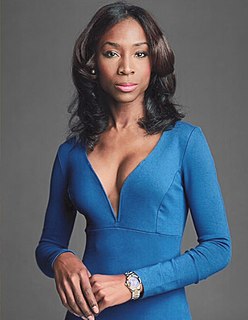A Quote by Joe Burrow
I understood it was a poor area when I was young because you're driving through it and you see these low-income homes that I hadn't really seen before. I'd lived in upper-middle-class neighborhoods before we moved to Athens and The Plains. You understand, but you don't really understand the magnitude until you get older.
Related Quotes
If you were to turn on the TV in 1986, '87, you wouldn't see anybody having, I guess, a low-to-middle-income person of color experience. And you definitely wouldn't have a young LGBT person or their story told. The experience of being invisible in our culture has ramifications that I don't think any of us can really understand.
You know, the elites always want to shame the poor - right? - and everyone else. I mean, the fact is, this economy is based on 70 percent of the people driving consumer demand. If people do not purchase goods and services, this economy will grind to recession. And that is why, if you are going to do a tax cut, it ought to really be aimed at low-income and middle-income people.
We are seeing a working-class, a middle class, which over the last three decades has seen their wages and income stagnate, while the very rich have seen their tax burden lighten in ways not seen in three or four decades. It's a face of a country that we need to look at and understand that inequality is perhaps the greatest threat to our economic recovery and democracy, and in that context we must take action.
I agree that income disparity is the great issue of our time. It is even broader and more difficult than the civil rights issues of the 1960s. The '99 percent' is not just a slogan. The disparity in income has left the middle class with lowered, not rising, income, and the poor unable to reach the middle class.
There was a time before I felt I was a real writer, when I was a yarn spinner and I just wanted to tell story until it was over. But then there came a time where I was like, 'No, I want to understand something through writing this that I might have not understood before. I want people to come away with something to think about.'
